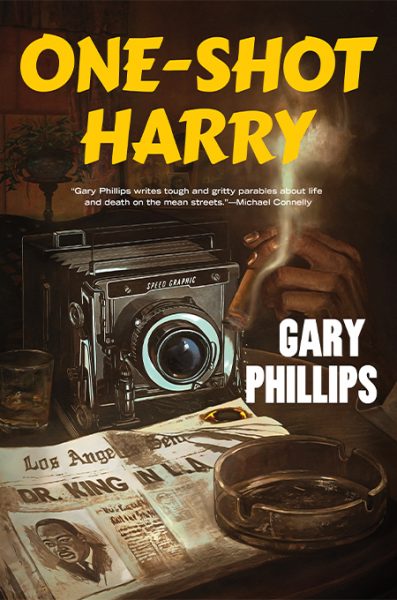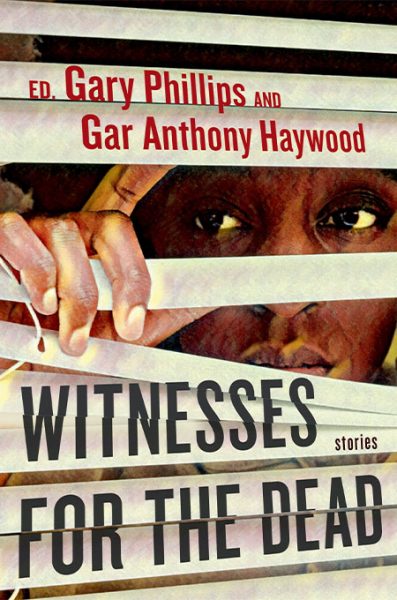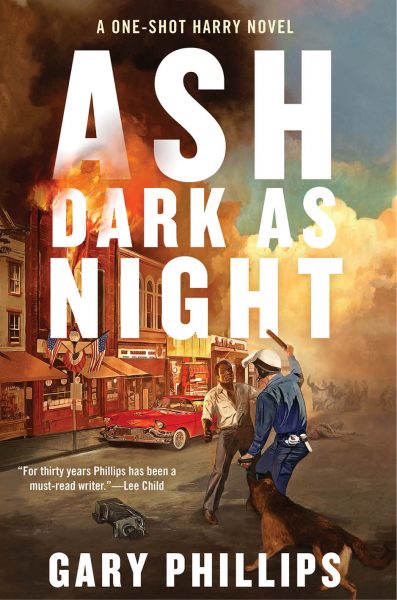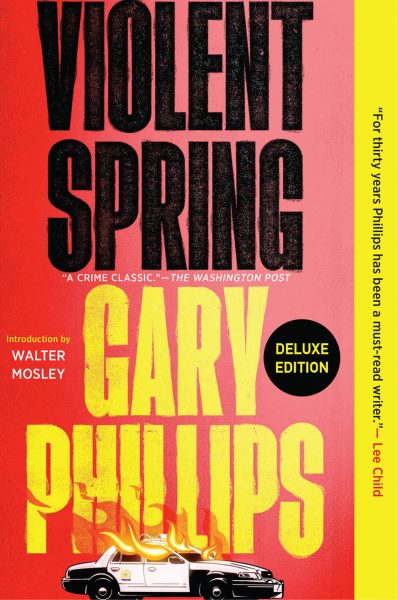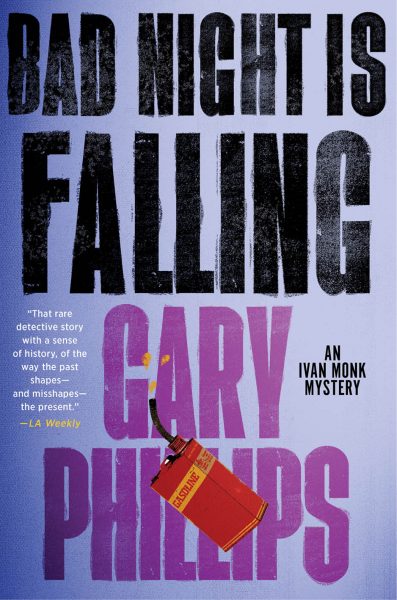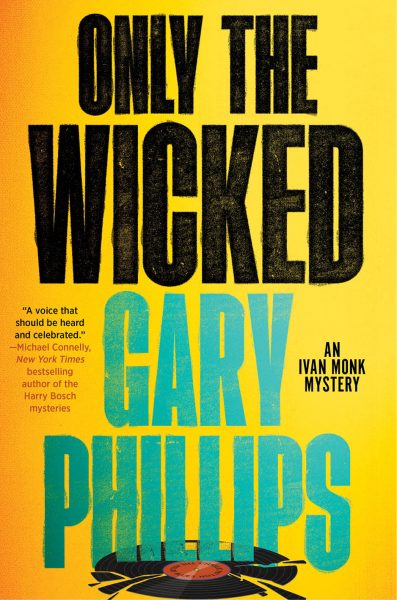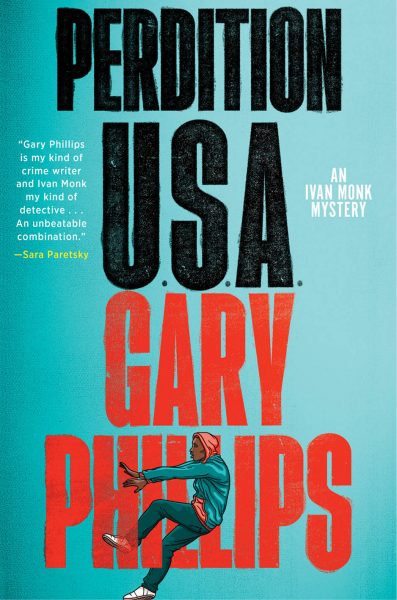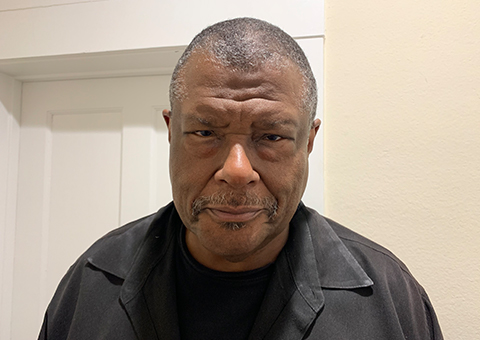Pricing
eBook $14.99
Description
Race and civil rights in 1963 Los Angeles provide a powerful backdrop in Gary Phillips's riveting historical crime novel about an African American forensic photographer seeking justice for his jazz musician friend.
Los Angeles, 1963: African American Korean War veteran Harry Ingram earns a living as a news photographe...
Race and civil rights in 1963 Los Angeles provide a powerful backdrop in Gary Phillips’s riveting historical crime novel about an African American forensic photographer seeking justice for his jazz musician friend.
Los Angeles, 1963: African American Korean War veteran Harry Ingram earns a living as a news photographer and occasional process server: chasing police radio calls and dodging baseball bats. With racial tensions running high on the eve of Martin Luther King’s Freedom Rally, Ingram risks ending up one of the victims at every crime scene he photographs.
When Ingram hears a call over the police scanner to the scene of a deadly automobile accident, he recognizes the vehicle described as belonging to his good friend and old army buddy, the white jazz trumpeter Ben Kinslow, with whom he’d only just reconnected. The LAPD declares the car crash an accident, but when Ingram develops his photos there are signs of foul play. Ingram feels compelled to play detective, even if it means putting his own life on the line.
Armed with his wits, his camera, and occasionally his Colt .45, Harry Ingram plunges headfirst into the seamier underbelly of LA society, tangling with racists, leftists, blackmailers, gangsters, zealots and lovers, all in the hope of finding something resembling justice for a friend.
Media
“Gary Phillips is my kind of crime writer.”
—Sara Paretsky, New York Times bestselling author
“In the tradition of Dashiell Hammett . . . Makes us feel that the war he’s waging is for our own salvation.”
—Walter Mosley, author of the Easy Rawlins series
“Gary Phillips writes tough and gritty parables about life and death on the mean streets . . . his is a voice that should be heard and celebrated.”
